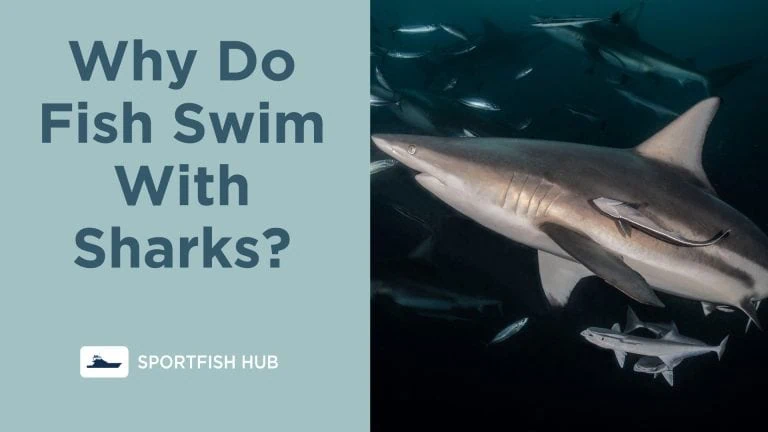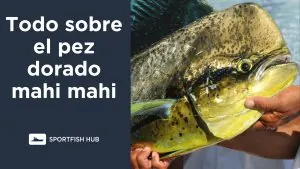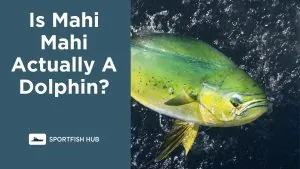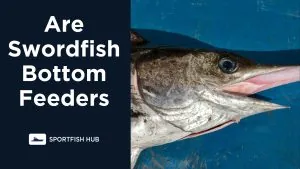Sharks are powerful predators that instill fear across most anything in the ocean. Yet despite their fearsome reputation, some fish actually swim with sharks!
This peculiar phenomenon occurs due to the symbiotic relationship between certain fish species and sharks. This article will address several key reasons why smaller fish form partnerships with these aquatic predators.
Mutually Beneficial Relationships
The associations between sharks and fish demonstrate mutualistic symbiotic relationships where both species benefit. The table below outlines the advantages for each partner:
| Fish Get | Sharks Get |
|---|---|
| Protection from predators | Dental hygiene |
| Easy access to food | Skin cleansing |
| Transportation | Parasite removal |
| Waste removal |
The shark and fish team up to help each other survive and thrive. The fish get protection, transportation, and quick access to shark leftovers. Meanwhile, the sharks get cleaning services and parasite removal. It’s a classic win-win situation!
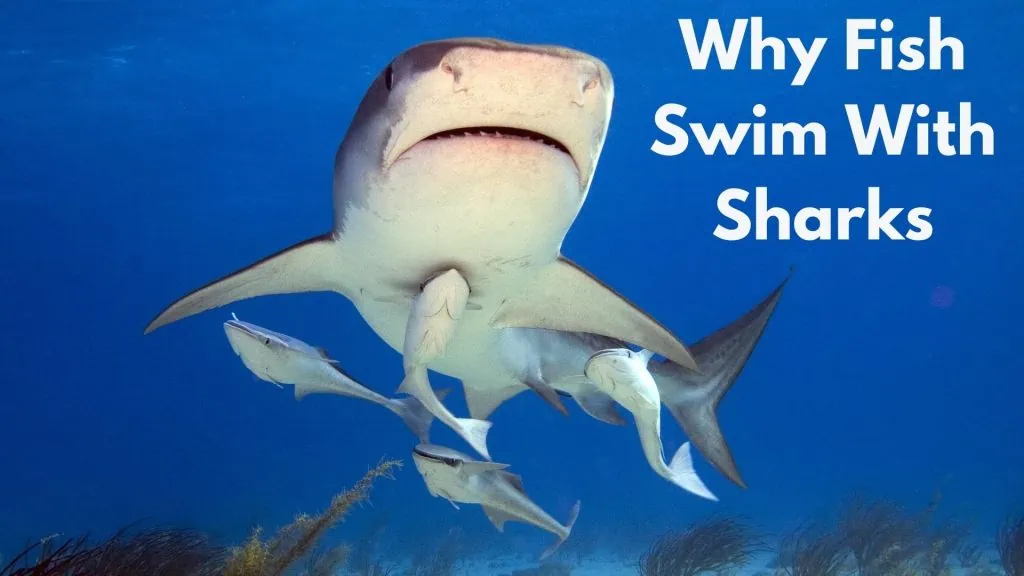
Why Fish Swim With Sharks
Fish partner with sharks for a variety of helpful reasons. Here are some of the main motivations:
1. Easy Meals
- Many small fish are natural scavengers that feed on pieces of leftover prey that sharks miss or leave behind after eating.
- Gobbling up these readily available food scraps provides an effortless, free meal.
- Eating shark food remnants also helps keep the surrounding water clean.
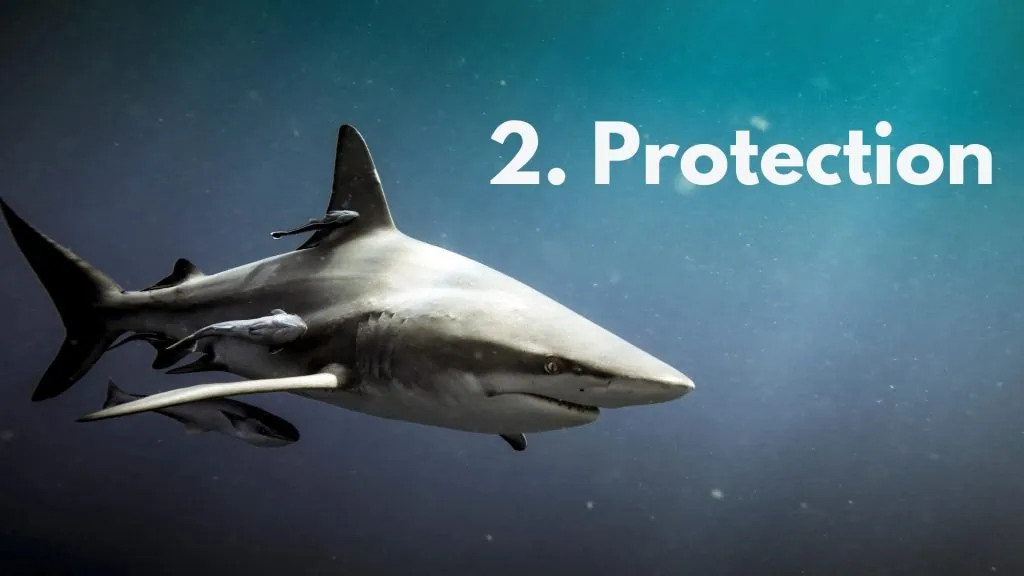
2. Protection
- Swimming beside a shark acts as protection against attacks from other predatory fish that would normally eat these small species.
- Most marine creatures know better than to mess with a shark, so being in close proximity keeps small fish safe.
- The intimidating presence of a shark companion deters potential predators.
3. Parasite Removal
- Certain fish eat parasites right off shark skin as they swim along. This helps sharks stay healthy and parasite-free.
- Remora fish use their suction-cup heads to hitch rides on sharks and feast on parasites and debris.
- Pilot fish even swim into shark mouths to pick out parasites and leftover food from teeth.
4. Navigation Assistance
- Pilot fish are believed to help guide sharks through the oceans by leading the way.
- In return, the sharks allow pilot fish to hitch a ride and provide protection.
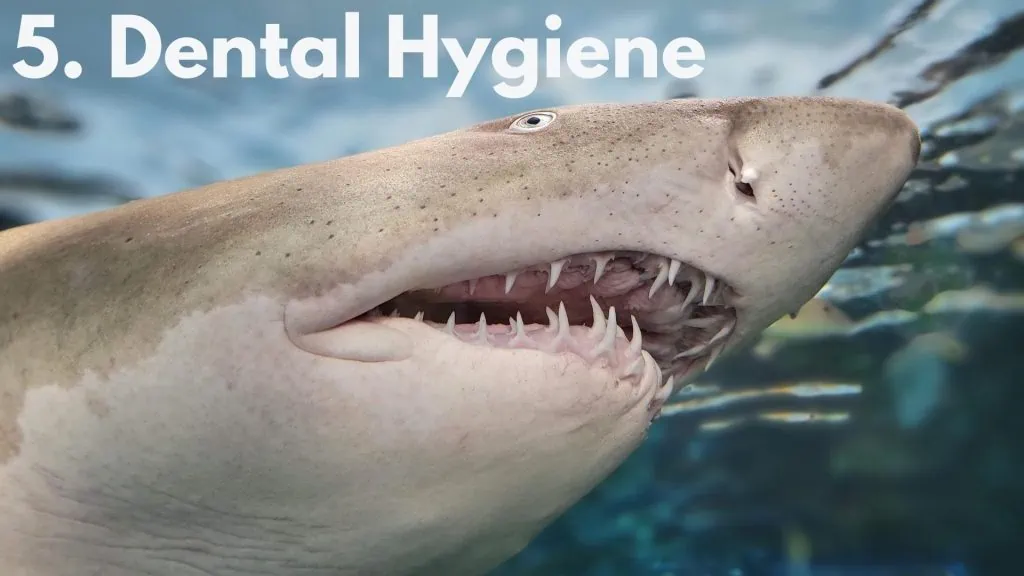
5. Dental Hygiene
- Pilot fish provide dental hygiene by consuming food debris stuck in shark teeth.
- Keeping shark teeth clean prevents painful infections and abscesses.
6. Skin Cleansing
- Remora and other fish eat algae, dead tissue, and other debris off shark skin.
- Keeping skin clean improves shark health and prevents irritation.
Conservation Importance
Examining the reasons why fish form symbiotic bonds with sharks can help underscore the importance of shark conservation:
- Shark and fish partnerships showcase how sharks are a vital part of ocean ecosystems.
- Protecting top predators like sharks allows other marine species to thrive.
- As keystone species, healthy shark populations support overall ecosystem balance.
- Losing sharks causes detrimental cascading effects through the intricate food web.
Summary: A Delicate Balance
The unique mutually beneficial relationships between sharks and fish highlight the delicate balance of ocean environments.
One cannot exist without the other.

